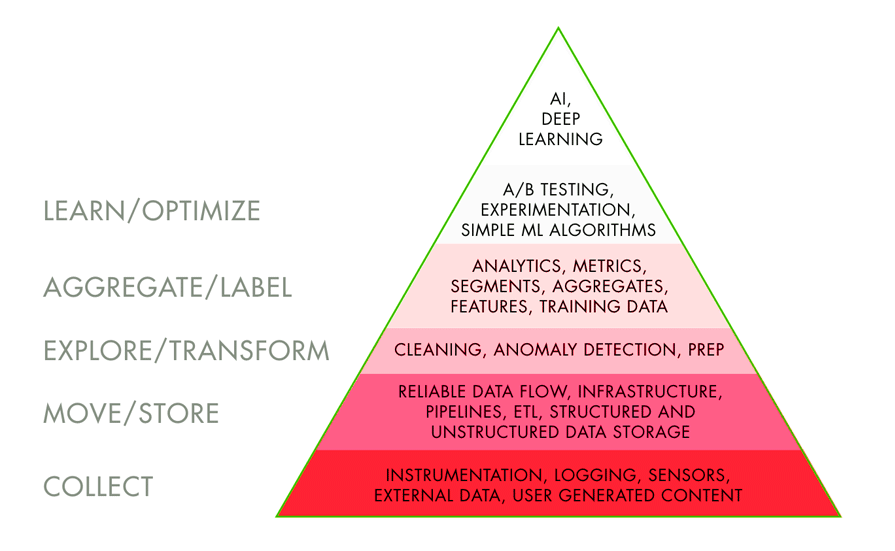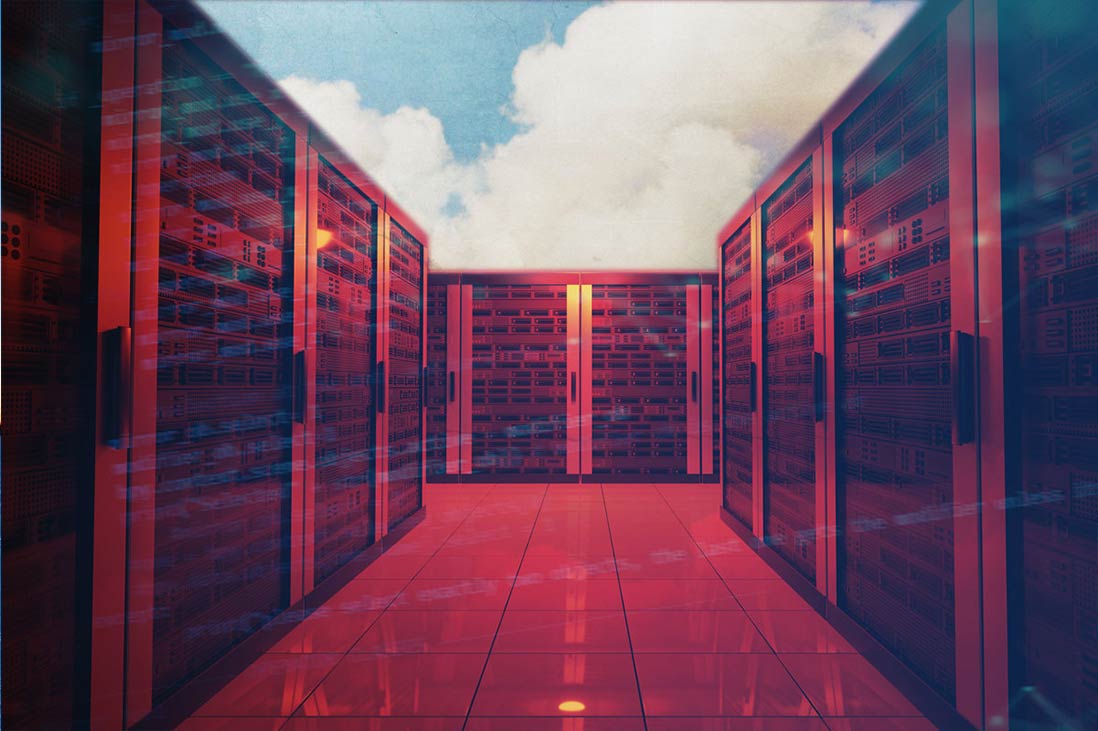Servers and super computers are stationary machines. They don't create fumes like most vehicles, and prefer being inside clean and hygienic buildings.
But despite all those facts, those machines are humongous contributors to the world's carbon emission.
Back in 2017, it was said that online porn left more carbon footprint than when porn was on magazines and tapes, and was later said that cryptocurrency mining is affecting the world in a bad way.
And all that, came to a conclusion that carbon emission from data centers is similar to the airline industry.
Since humans seem to take more of Earth's resources than giving it back, we also create lots of carbon emissions when training Artificial Intelligence (AI).
Knowing that machine learning technology is changing the world, from empowering the web to mobile apps, autonomous cars and machines, to research and development and beyond, AI is increasingly changing the climate.

This is an issue.
Especially because AI will continue to bring benefit to humans, forcing researchers and companies to further develop the technology to aid and commercialization.
The issue here relates to how machine learning is developed.
In order for machine learning (and deep learning) to work like it should, it needs to be trained.
Before AI can understand what it needs to understand, it needs to recognize the patterns of things so it can make the right prediction when used in real-life.
In other words, training data is the main and most important process which helps machines learn and make the predictions.
But the process of this training that can be time consuming, is also costly and dirty.
Training an AI requires a lot of energy.
Processors that are used in modern computer are getting smaller and much more efficient in each coming generation. What's more, they are also designed to use a minimum amount of power when idle.
However, when training AIs, they need to work at their full capacity, and this burns through electricity very rapidly.
Besides the increasing electricity bill from the processors, the resource-intensive activity also generates masses of waste heat that also needs to be cooled using cooling systems. And those cooling systems require energy, resulting in yet more electricity consumption.
Any major energy usage has implications for climate change, as many of the world's electricity is still generated from fossil fuels, producing carbon dioxide as they burn.
Back in 2019, in a paper, researchers at the University of Massachusetts who performed a life cycle assessment for training several common large AI models, found that the process can emit more than 626,000 pounds of carbon dioxide.
To put it in another perspective, this is an equivalent of nearly five times the lifetime emissions of the average car.
And this can get worse if researchers, data scientists and engineers try to solve more and more complicated AI problems by throwing more power at them, using bigger and more expensive computers to solve ever-increasing harder problems.

The one key recommendation from the University of Massachusetts research for reducing the waste caused by AI training, is "a concerted effort by industry and academia to promote research of more computationally efficient algorithms, as well as hardware that requires less energy."
And not just that, as researchers can also create more efficient software to help with the hardware efficiency.
Together, they should reduce the computational power needed for AI models.
As a result, the biggest impact would be a cleaner process that decrease carbon emission.
In other words, the key is to focus on efficiency.
Ultimately, when more data centers themselves are powered by renewable energy sources, their carbon emission should slowly decrease to zero, resulting in what's called a carbon-neutral, even without offsetting the emissions by planting trees.
Before humans can completely ditch fossil fuel for renewable energy sources, the world's industrial economies will keep on producing carbon wastes that pollute the Earth.
And before humans can fully-utilize AI to help understand weather and climate patterns to gain a better understanding to combat or reverse climate change, companies should at least consider the carbon impact their products are generating.